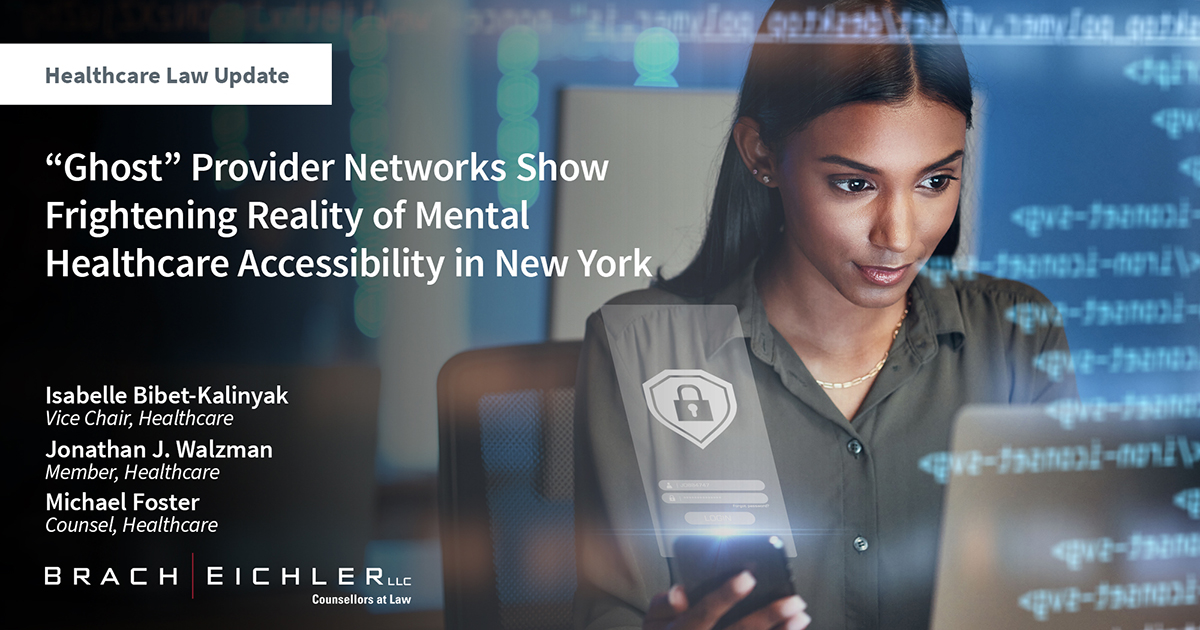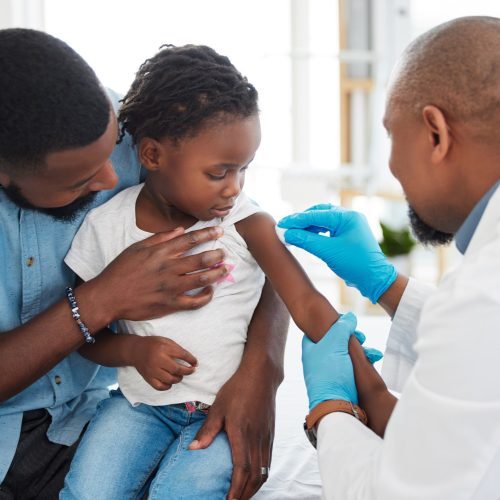“Ghost” Provider Networks Show Frightening Reality of Mental Healthcare Accessibility in New York

1/31/2024
On December 7, 2023, the Office of New York State Attorney General Letitia James (OAG) released a comprehensive report titled “Inaccurate and Inadequate,” which addresses systematic failures and calls for immediate action, by both regulators and network providers, to address “ghost networks,” which describes provider networks which are listed in a health plan’s provider directory that are (i) unreachable, (ii) not in-network, or (iii) not accepting new patients. Individuals struggling with mental health conditions often rely on health plan provider directories to access affordable, quality health care services, and ghost networks can force patients to choose between paying out-of-pocket, which is not possible for many, or forgoing treatment altogether.
To determine the extent of the problem, the OAG conducted a “secret statewide survey” of 13 health plans in major cities across the state. The callers attempted to schedule an appointment for an adult or child with a mental health provider who was listed in the directory as accepting new patients. According to the OAG’s report, 86% of the listed, in-network mental health providers called were “ghosts,” as they were unreachable, not in-network, or not accepting new patients.
Ghost networks are illegal under New York and federal law, which both require that health plans maintain accurate provider directories. Attorney General James reminded the New York State Department of Financial Services and the New York Department of Health that pursuant to New York law, each state agency had an affirmative obligation to propose regulations for network adequacy for mental health and substance use disorder treatment by December 31, 2023. The OAG report recommended that state regulators should actively monitor health insurance networks to ensure that their directories are up to date and take enforcement actions against health plans that violate the law. In addition, health plans should be required by law to meet cultural competence and language access standards, and should incentivize providers to join and stay in-network through higher reimbursement rates and reducing administrative burdens on providers. According to the OAG’s report, adopting these recommendations can significantly increase access to needed mental health care. While the report is part of Attorney General James’ ongoing efforts to address the mental health care crisis across New York, ghost networks are a national problem.
Click Here to read the entire January 2024 Healthcare Law Update now!
Related Practices: Healthcare Law
Related Attorney: Jonathan J. Walzman
Related Industry: Healthcare











